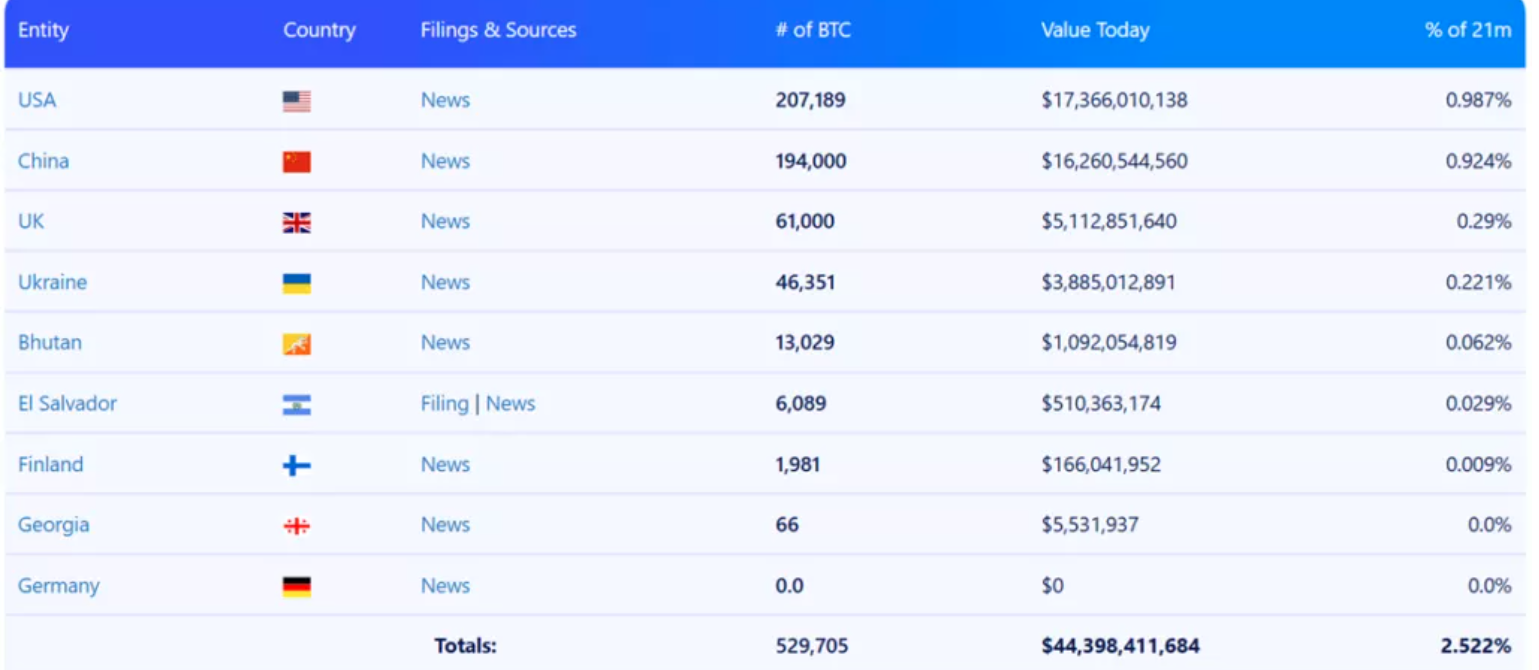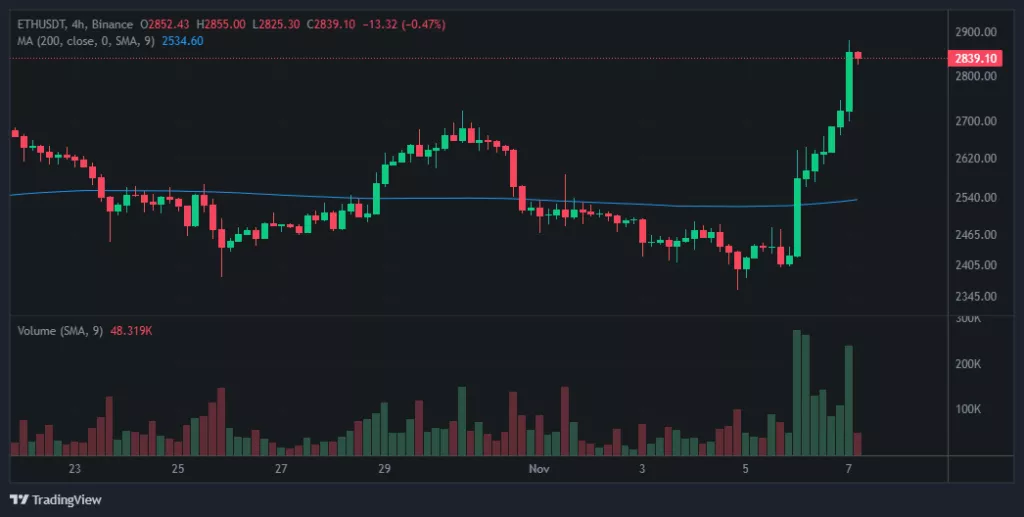Local authorities in China are actively using private companies to sell confiscated cryptocurrencies abroad, helping to replenish the national budget. Reuters reports this, citing transactional and judicial documents.
The lack of clear regulations on how officials should manage confiscated digital assets has led to inconsistencies and lack of transparency in these processes. Some lawyers express concerns that this could contribute to the creation of corruption schemes, according to sources from the agency. Authorities do not publish data on the exact mechanisms and results of the sales, which raises doubts about the transparency of these operations.
The sale of confiscated cryptocurrencies has become an important source of income for local authorities. By the end of 2023, they owned around 15,000 Bitcoins ($1.4 billion). However, according to Bitbo, this amount has now increased to 194,000 Bitcoins ($16.3 billion). In this regard, China is only surpassed by the United States, which holds 207,189 Bitcoins (~$17.37 billion). These assets are gaining increasing significance, given their potential to replenish the national budget, especially in the face of economic uncertainty.
Professor Chen Shi from Zhongnan University of Economics and Law explained in an interview with Reuters that the actions of the authorities are not fully in line with the existing ban on cryptocurrency trading. He also pointed out that despite the ban on the use of cryptocurrencies, the Chinese government continues to engage in activities that somewhat stimulate the development of the cryptocurrency market within the country.
Additionally, the situation is complicated by the rise in crime related to digital assets, including online fraud, illegal gambling, and money laundering. Over the past year, courts have reviewed more than 3,000 cases involving the legalization of illegal proceeds, highlighting the growing problem of unauthorized cryptocurrency transactions and the associated risks.
Experts interviewed by Reuters suggested two possible solutions: either continue selling cryptocurrencies or accumulate them in a special reserve, as has been proposed in the United States. This approach could improve control and regulation and create a more stable mechanism for using confiscated assets. They also noted that with proper management of these assets, substantial financial resources could be generated, which could be used to address other economic issues.
It is also possible that the Chinese authorities will increase their focus on digital assets in light of the potential rise in capital flight, especially amidst the ongoing trade war. In the event of worsening economic conditions and further trade barriers, governments may view cryptocurrencies as one of the tools for protecting their assets and retaining capital within the country.
It is worth recalling that former BitMEX CEO Arthur Hayes previously stated that new US tariffs could trigger a shift of funds from the Chinese yuan to Bitcoin. This process could become part of a broader trend of using cryptocurrencies as a protective asset amid financial market instability.










